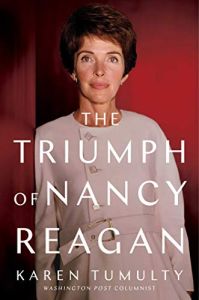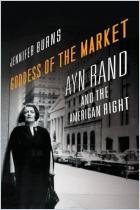Join getAbstract to access the summary!

Join getAbstract to access the summary!
Karen Tumulty
The Triumph of Nancy Reagan
Simon & Schuster, 2021
What's inside?
Nancy Reagan’s public reputation belied the canny, influential first lady she was behind the scenes.
Recommendation
The Reagan era had its controversial touchstones, including first lady Nancy Reagan’s personality and influence. Journalist Karen Tumulty’s groundbreaking biography details how Mrs. Reagan could read people, see the big picture and direct “Ronnie’s” advisers on policy. The Cold War ended, in part, because Nancy Reagan insisted that President Reagan meet then-Soviet president Mikhail Gorbachev. She rescued her husband’s legacy by helping him apologize for his part in the Iran-contra affair. Her Just Say No campaign set out to help kids tackle the drug culture, though it achieved little. Poised and gracious in public, this first lady was fierce, loyal and sometimes ruthless behind the scenes.
Summary
About the Author
Karen Tumulty writes about politics for The Washington Post and previously worked for TIME magazine, The Los Angeles Times and The San Antonio Light.

















Comment on this summary